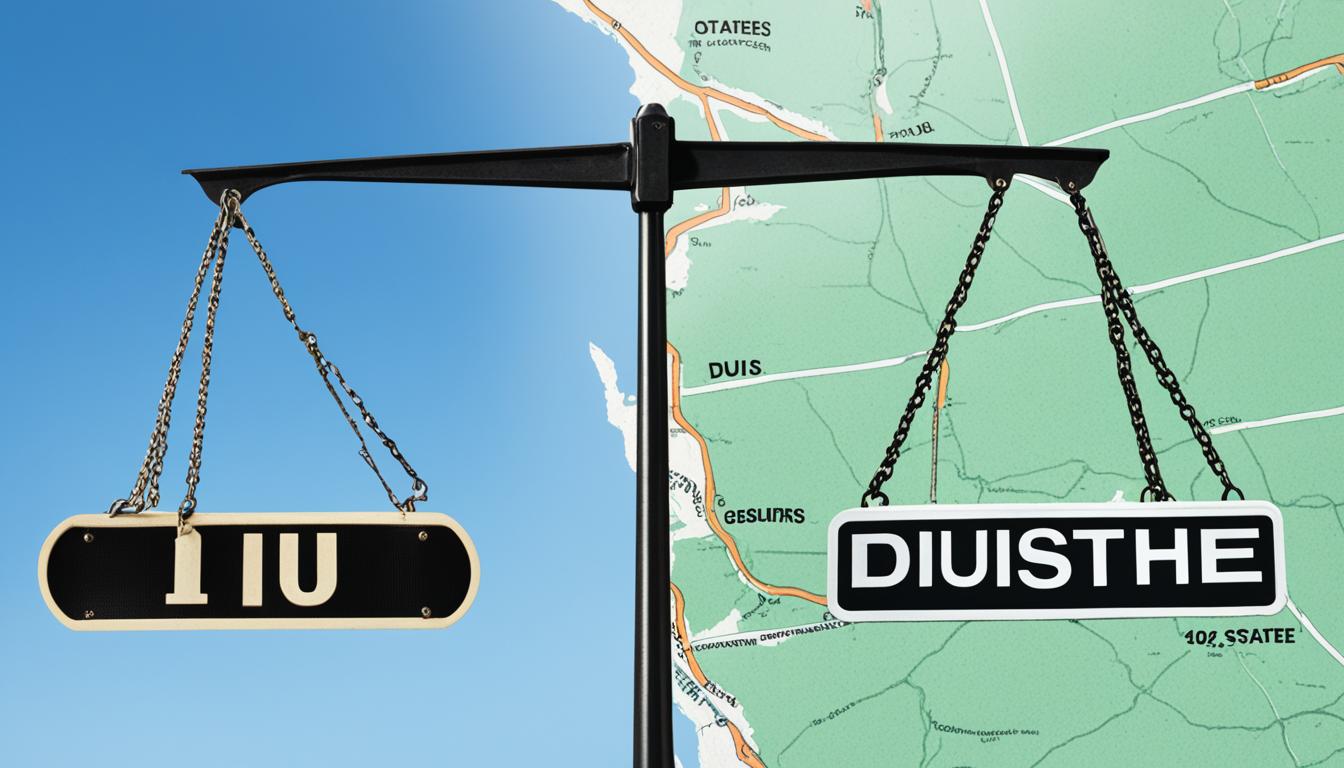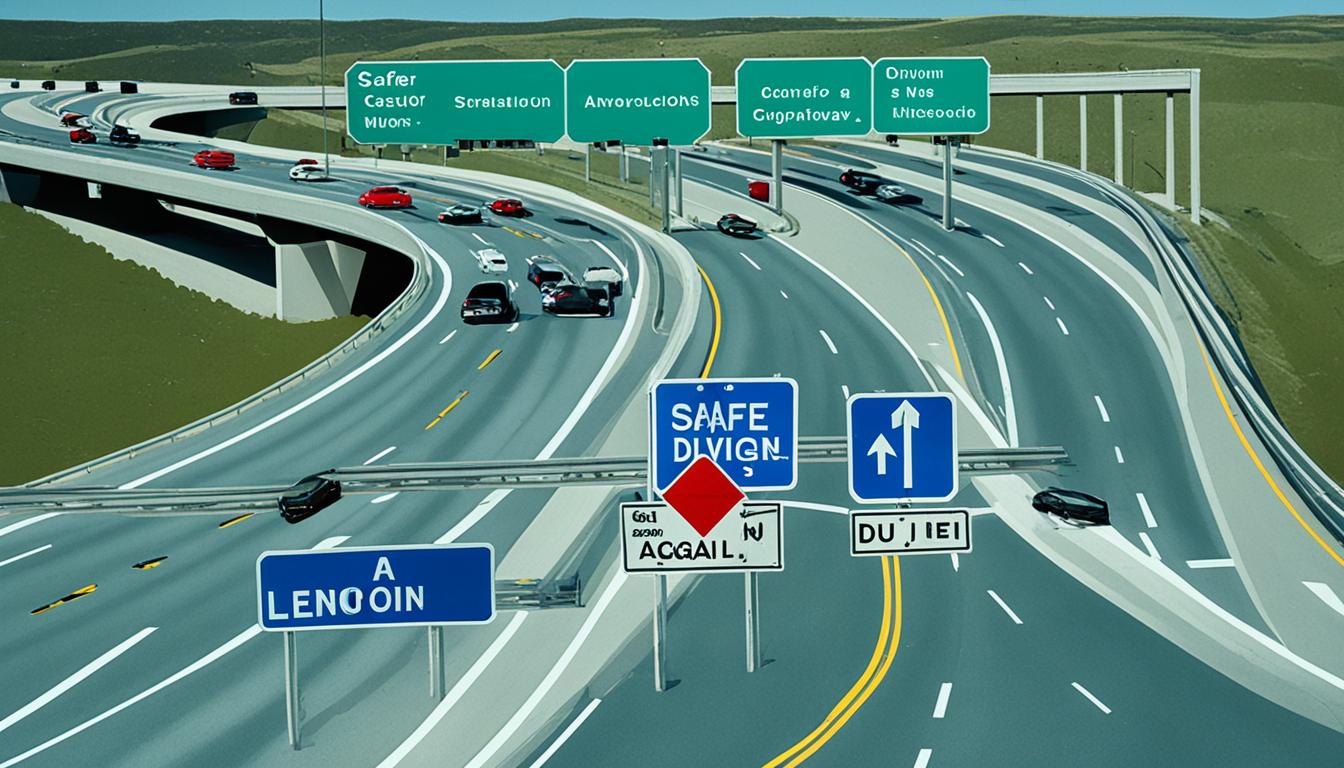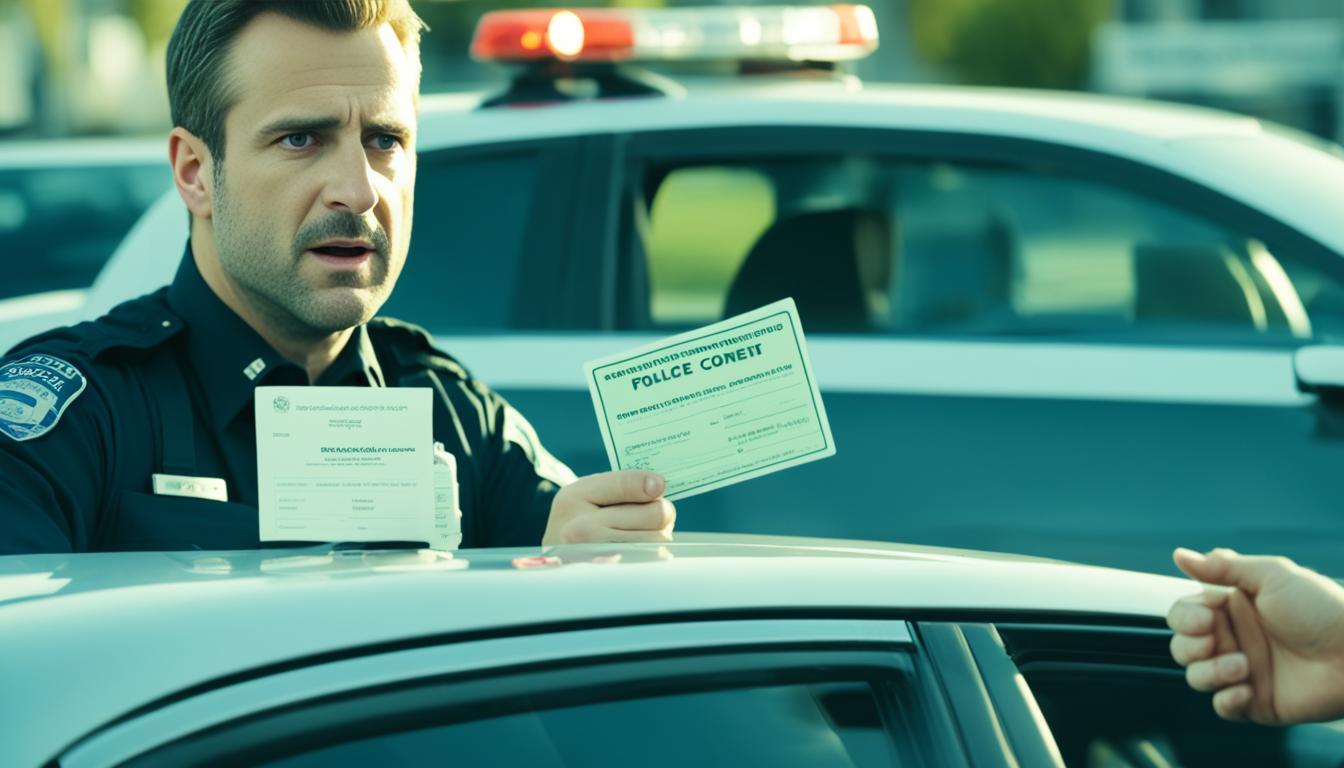When navigating the complexities of a DUI charge, one critical aspect to consider is the variability of penalties that comes with different jurisdictions. Understanding the DUI consequences particular to the state where the offense occurred is vitally important. From potentially hefty fines to the impact on your driving privileges, the consequences of DUI across states can vary significantly. Each state’s legal system approaches these violations with its own set of regulations and punitive measures, making it essential for those charged with a DUI to grasp the potential outcomes they face.
Key Takeaways
- State-specific understanding of DUI consequences is critical for legal defense.
- Penalties can include fines, license suspension, and mandatory education programs.
- Consequences of DUI can extend beyond the state of the offense, affecting driving privileges nationwide.
- Knowledge of state laws and DUI-related policies is indispensable for informed decision-making post-charge.
- Seeking professional legal advice is crucial for navigating the variance in DUI consequences.
Understanding DUI and Implied Consent Laws Across the U.S.
The complexities of DUI laws and implied consent laws vary across different states, but one common thread remains: the legal implications of refusing a DUI test are significant. Understanding these differences is crucial for anyone holding a driver’s license within the United States, as the act of driving on public roads means you have already agreed, perhaps unknowingly, to certain conditions set by these laws.
Implied Consent Laws and the Consequences of Refusal
Embedded within the tapestry of DUI laws in different states is the doctrine of implied consent laws. These statutes mandate that by accepting the privileges granted by a driver’s license, you inherently agree to participate in chemical testing if law enforcement suspects you of DUI. This agreement is an automatic condition of your driving privileges and acts as a preemptive consent to future sobriety testing.
- Immediate Repercussions: Refusing a DUI test can result in instant administrative penalties, often including a swift suspension or revocation of your driving privileges.
- Criminal Case Implications: Even if a DUI charge does not culminate in a conviction, the refusal to undergo testing can still lead to long-lasting consequences, emphasizing the severity of the situation.
- State-to-State Variations: The specifics, such as the duration of a license suspension, differ between jurisdictions, making familiarity with your state’s particular laws criticial.
It’s important to note that the consequences of refusing a DUI test are administered separate from any that might result from a potential DUI conviction. The refusal can introduce an entirely new set of challenges for the driver, independent of their guilt or innocence regarding the DUI offense itself.
| State | Refusal Penalties | Test Types |
|---|---|---|
| California | 1-year suspension | Blood, Breath, Urine |
| Florida | 6-month suspension | Blood, Breath, Urine |
| New York | Revocation for at least 1 year | Blood, Breath |
| Texas | 6-month suspension | Blood, Breath |
| Illinois | 1-year suspension | Blood, Breath |
The intricate relationship between DUI laws and implied consent laws underscores the pressing need for any licensed driver to understand the contract they inherently agree to. Awareness of the stakes involved in refusing a DUI test could indeed be decisive in the event of an unwanted encounter with the law.
What happens if you get a DUI in one state but live in another
An out-of-state DUI can complicate the legal repercussions and the process of reinstating driving privileges due to the collaboration between states through the Interstate Driver’s License Compact (IDLC). Understanding the nuance of the interplay between state DMVs and the legal frameworks can aid individuals in navigating this challenging situation.

How Out-of-State DUIs Affect Your Driving Privileges
Receiving a DUI charge outside of your home state does not isolate the consequences to the state of the offense. Driving privileges can be significantly affected, often leading to license suspension both in the state where the DUI was committed and potentially in your home state as well. Engaging with a legal representative acquainted with out-of-state DUI ramifications is crucial for understanding and mitigating the impact on one’s ability to drive.
Navigating DMV Hearings and Criminal Court Proceedings
Out-of-state DUIs typically require attendance at DMV hearings and criminal court proceedings in the state where the offense occurred. These legal steps are separate yet equally influential in determining the future of an individual’s driving privileges. Expertise in local DUI laws is instrumental in navigating these hearings, and legal representation could be the deciding factor in the overall outcome of your case.
The Role of the Interstate Driver’s License Compact (IDLC)
The IDLC serves as a pivotal regulatory body in maintaining communication regarding traffic violations and driver’s licenses across state borders. For those with an out-of-state DUI, understanding the IDLC’s influence is essential. It can mean that any charge or conviction could lead to repercussions that extend well beyond the arresting state, mandating a strategic legal response.
Legal Ramifications of a DUI Charge

The legal ramifications of a DUI charge are both serious and multifaceted. Navigating through these consequences requires an intricate understanding of the law, as a conviction might not only affect current circumstances but can also have long-term repercussions.
One of the immediate consequences of a DUI conviction is the financial burden. Fines can range significantly based on various factors such as offense history and the level of blood alcohol concentration (BAC). Moreover, additional costs may incur from mandatory DUI education programs, which aim to rehabilitate and educate offenders about the dangers of impaired driving.
Another aspect to consider is the potential for probation or community service, providing a structured environment where offenders contribute positively to society while adhering to strict conditions. The alternative, and perhaps most daunting, is imprisonment. Jail sentences are a reality for some DUI convictions, particularly in events involving aggravating circumstances or repeat offenses.
| Offense Level | Fines | Probation Period | Community Service | Imprisonment |
|---|---|---|---|---|
| First-time Offense | $500 – $2,000 | 3 – 12 months | 24 – 100 hours | None to 6 months |
| Second Offense | $1,000 – $4,000 | 12 – 36 months | 50 – 200 hours | 10 days to 1 year |
| Third Offense | $2,000 – $10,000 | 12 – 60 months | 100 – 300 hours | 30 days to 3 years |
Legal ramifications also extend into personal lives, affecting employment, reputation, and relationships. The consequences of a DUI conviction can be mitigated with the guidance of a skilled defense attorney, who may navigate the complexities of DUI litigation to secure a more favorable outcome. Therefore, understanding and preparing for these potential scenarios is paramount for anyone facing such charges.
Protecting Your Rights and Future After a DUI Arrest
Securing your future and safeguarding your legal rights should be a top priority following a DUI arrest. The complexity of DUI charges necessitates a knowledgeable and experienced DUI defense attorney, one who is well-acquainted with the nuances of DUI law. Retaining legal counsel promptly not only offers a buffer against potentially overwhelming legal challenges but also ensures you have an ally to effectively navigate the proceedings. The purpose of protecting rights after a DUI arrest is not just about addressing the immediate legal hurdles but also about mitigating long-term repercussions that can impact your livelihood.
An adept attorney serves as your representative, dissecting the circumstances of your arrest and crafting a defense that champions your rights. From questioning the validity of the traffic stop to examining the accuracy of the BAC tests, your defense attorney will scrutinize every detail that could be pivotal in defending against DUI charges. During DMV hearings, your legal counsel plays a crucial role in the continuation or restoration of your driving privileges, articulating arguments that highlight procedural discrepancies or mitigating factors. In criminal court, the defense attorney’s role is compounded as they strive to secure a favorable outcome, ranging from charge reductions to, in the best scenarios, complete dismissals.
With the stakes so high, taking immediate action after a DUI arrest is imperative. Remember, the objective is not just to confront the current charges but also to preserve your future opportunities. An attorney experienced in protecting rights after DUI arrest serves as the decisive factor in this endeavor, ensuring your defense is both strategic and robust. In an ordeal that can be both intimidating and complex, securing adept legal representation is the keystone in fortifying your rights and charting a path toward a resolution that safeguards your future.





